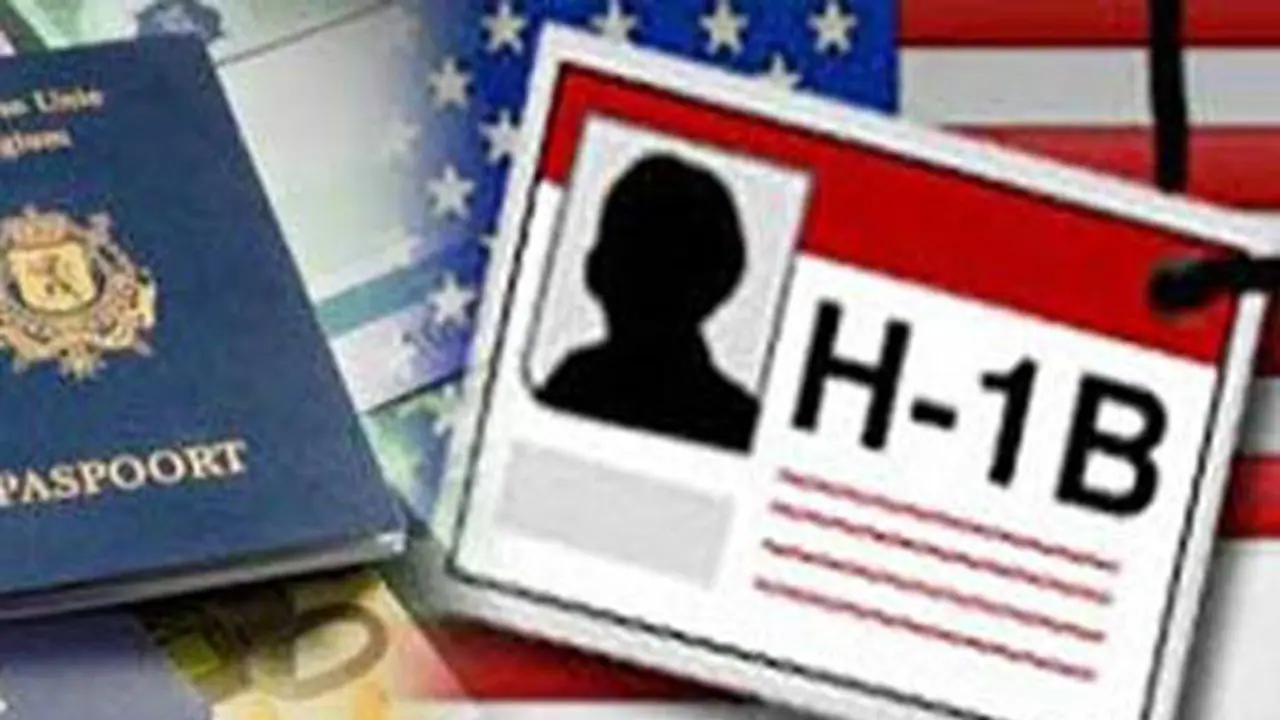The Biden administration is proposing changes in the H-1B foreign workers programme to improve efficiency by streamlining eligibility, providing more flexibility to F-1 students, entrepreneurs and those working for non-profit bodies and ensuring better conditions for other non-immigrant workers.
In order to increase efficiency, the Biden administration is suggesting modifications to the H-1B programme for foreign workers. These reforms would streamline eligibility, provide entrepreneurs, F-1 students, and employees of non-profit organisations more flexibility, and guarantee improved working conditions for other non-immigrant workers.

The new rules do not alter the 60,000 visas that the US is allowed to grant annually, as stipulated by Congress. US Citizenship and Immigration Services (USCIS) will publish the regulations in the Federal Register on October 23.
The Department of Homeland Security (DHS) announced that the proposed changes to the rules are intended to strengthen integrity measures, streamline eligibility requirements, improve programme efficiency, and give employers and workers more benefits and flexibility. The proposed changes have been made public so that stakeholders can provide their comments and feedback.
By abiding by all legal requirements for worker protection, the H-1B programme assists US firms in hiring the workers they require to satisfy their business demands and maintain their competitiveness in the global economy.
In a statement, the Secretary of Homeland Security Alejandro N Mayorkas said the Biden-Harris administration's priority is to attract global talent, reduce undue burdens on employers, and prevent fraud and abuse in the immigration system.
The DHS stated that the proposed rule would alter how USCIS carries out the H-1B registration selection process in order to lessen the possibility of abuse and fraud. It noted that the H-1B non-immigrant visa programme permits US employers to temporarily employ foreign workers in specialty occupations, which are defined by statute as occupations that require highly specialised knowledge and a bachelor's or higher degree in the specific speciality or its equivalent.
The more registrations a person submits on their behalf under the existing procedure, the greater the likelihood that person will be chosen in a lottery. The DHS stated in a statement that under the revised plan, regardless of the quantity of registrations made on behalf of an individual, each person would only be considered once for the selection process.
Under the proposed rule, the criteria for speciality occupation positions would be revised to reduce confusion between the public and adjudicators and to clarify that a position may allow a range of degrees, although there must be a direct relationship between the required degree field(s) and the duties of the position.
Under the proposed rule, certain exemptions to the H-1B cap would be expanded for certain nonprofit entities or governmental research organizations as well as beneficiaries who are not directly employed by a qualifying organisation.
